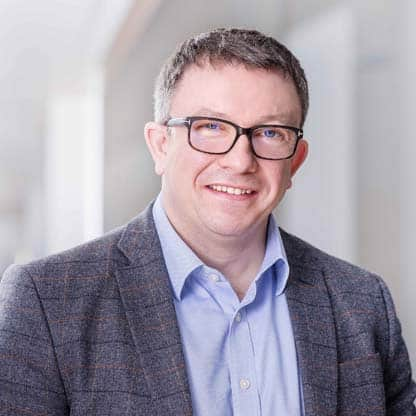Sessions With Karl Johnny Hersvik
Monday, 11 March
-
07:30pm - 09:00pm (CST) / -
North Sea: The revival continues
Panel OilAfter a record-breaking year for M&A in the North Sea in 2017, and 2018 not far behind on value and with a larger number of deals, 2019 has arrived with no let-up in activity, with a plethora of assets up for grabs and, seemingly, no shortage of interest from buyers. Why invest in this middle-aged arena? Has age diminished its charm, or made it more alluring? Private equity–backed companies have been keen buyers; Have they grown value, and how and when will they exit? Technical and commercial innovation are driving value; How have the “specialists” transformed the landscape? Are we kicking the decommissioning issue down the road?
- Speakers:
- Jon Story
- Alex Grant
- Maria Moræus Hanssen
- Karl Johnny Hersvik
- Bente Nyland
- Stuart Payne
- Sam Laidlaw
- Bob Maguire
Tuesday, 12 March
-
07:30am - 08:40am (CST) / -
Digitalization: Innovating for lowest costs
Panel Technology/Innovation“Digital Transformation” has become the latest must-have fashion accessory for oil & gas companies in recent years as they seek to assure shareholders of their ability to improve efficiency and embrace the vast set of opportunities emerging from massive (and growing) data resources, advances in computing power, sensors, advanced analytics, and AI. Some great strides have been made in reducing structural costs in both conventional upstream and unconventional projects. But in practice, what are the full range of innovations that have had impact? How much further impact can innovation have on reducing project and operating costs? What is the interplay needed between digital technologies, traditional E&P technologies, and changes in operating models and organizational models to realize these further gains?
- Speakers:
- Pritesh Patel
- André Luyckx
- Karl Johnny Hersvik
- Peter Herweck
- Judson Jacobs
- Binu Mathew

